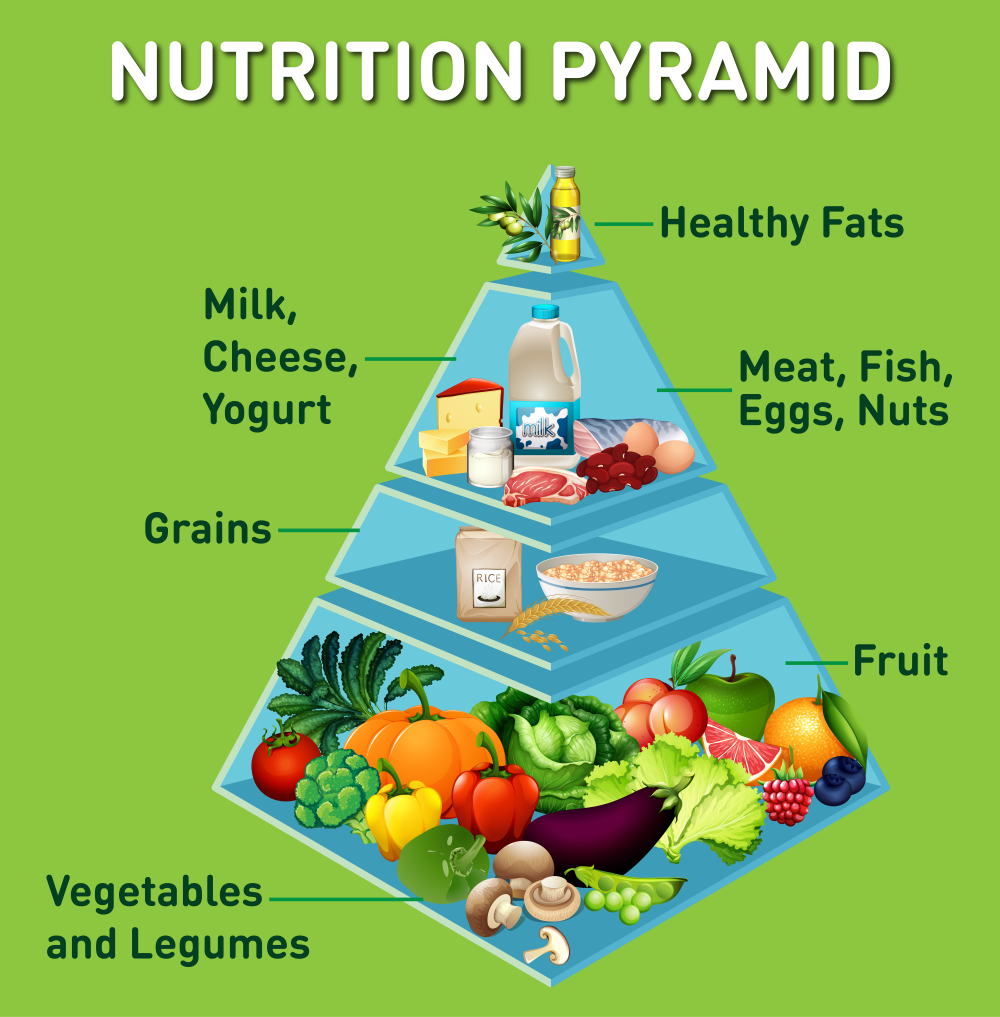Carbohydrates or, in daily language, ‘carbs’ are more than just a buzzword. They’re super important for a healthy and balanced diet. So, what exactly is carbohydrate? Simply put, it is a sugar molecule that gives your body energy. Foods high in carbohydrates are made up of different types of sugars and starches, and they break down into glucose, which is like fuel for the human body. Glucose powers up your cells, tissues, and organs, keeping you energised and ready to tackle the day.

In human development, it is not just adults who need carbohydrates. Kids do, too! Carbohydrate is the main source of energy that helps kids grow, think, and stay active. Whether the kids are running around on the soccer field, solving math problems, or enjoying a day full of activities, carbohydrates keep them going strong. It plays a huge role in helping their body develop and function at its best. So, let’s dive into why getting enough carbohydrates is key for children’s healthy, happy, and active lifestyles!
Carbohydrates are the main fuel for children to play, learn, and grow. Children are usually super active, whether running around with friends, playing sports, or focusing on school. Carbohydrates give them the energy to do all that! Around 45-65% of children’s daily calories should come from carbohydrates. Why do we consider carbohydrates to be the main fuel of the body? Here’s how it works. When we eat carbs, our body breaks them down into sugars, which later enter our bloodstream. As our blood sugar rises, our pancreas releases insulin, a hormone that helps move that sugar into our cells, which can be used as energy. Carbohydrates are also especially important for our brain and nervous system, which rely on them as their main energy source. Without enough carbohydrates, our body might start using protein from muscles or stored fat for energy, which is not an ideal process of human metabolism.
The main carbohydrate sources are whole grains, legumes, fruits and vegetables. Besides giving energy, carbohydrates also keep the human digestion system on track. This is very important for children who are normally active all the time. Carbohydrates form fibre through specific types of complex carbohydrates known as non-digestible polysaccharides. Fibre is made up of long chains of sugar molecules (polysaccharides), but how these molecules are bonded makes them resistant to digestion. Unlike sugars or starches, these polysaccharides are where the body’s digestive enzymes cannot break down. The fibre can be categorised into soluble and insoluble fibre. Soluble fibre dissolves in water and forms a gel-like substance. It is commonly found in foods like oats, beans, and apples. Vice versa, insoluble fibre does not dissolve in water and helps move food through the digestive system, promoting regular bowel movements. The insoluble fibre is rich in whole grains, nuts, and vegetables. For children who experience constipation, getting enough fibre and water is especially important.
The new food pyramid visually represents a balanced diet that includes carbohydrates.
Serving the right amount of carbohydrates for children is crucial for their overall health and development. Carbohydrates provide the energy for children to stay active, learn, and grow. But it’s important not to overdo it. Consuming too many carbohydrates, especially from sugary foods, can lead to weight gain, energy spikes, and crashes, which affect both physical and mental performance.
On the other hand, getting an adequate amount of healthy carbohydrates from whole grains, fruits, and vegetables ensures that children have steady energy throughout the day. Overeating carbs can also raise blood sugar levels too quickly, increasing the risk of future health problems like diabetes. Carbohydrates should be balanced with other nutrients like protein, fat, vitamins, and minerals to help children maintain good energy levels and overall health. It’s all about balance. Getting enough carbohydrates without exceeding the limit helps children grow strong while avoiding potential health risks.
In conclusion, carbohydrate is essential for a healthy and active lifestyle. Choosing the right amount of carbohydrates from healthy sources like whole grains, fruits, and vegetables is important while avoiding too much sugary food. Balancing carbohydrate intake with other nutrients like protein, fats, vitamins, and minerals ensures continuous energy supply and supports human brain function, digestion, and overall health. Overeating carbohydrates can lead to unwanted weight gain and other potential health issues, such as diabetes. Maintaining a balanced intake of carbohydrates helps support healthy growth, steady energy levels, and overall well-being for children.





